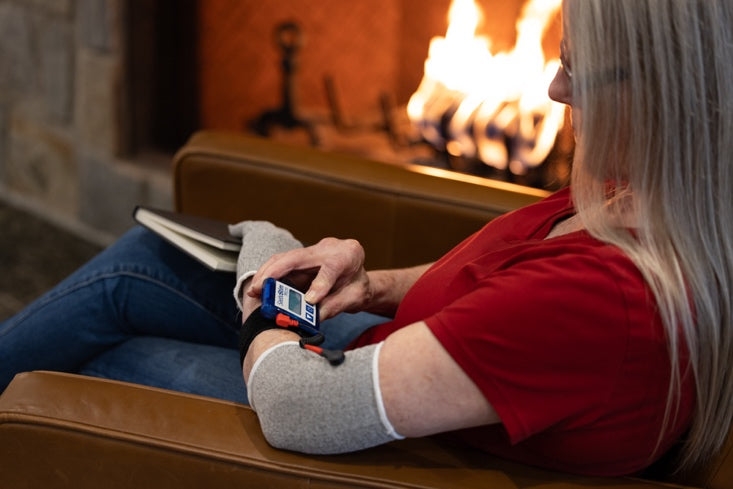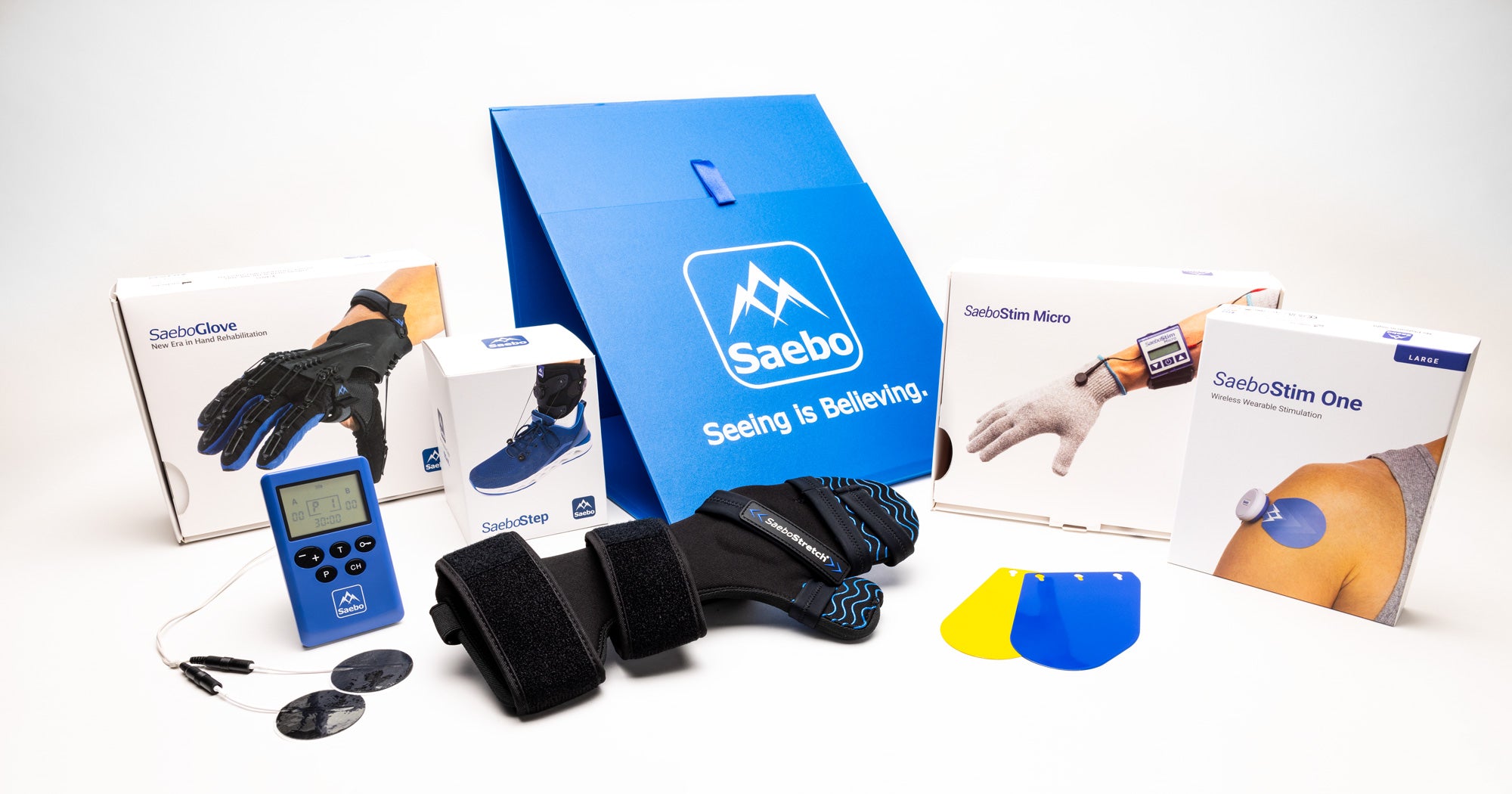Pseudobulbar Affect - Not All Crying After Stroke Is Depression
Among stroke survivors, feelings of depression and sadness are unfortunately common. The body has experienced acute changes both physically and mentally, and certain emotional responses may be triggered as a...
Sleep After A Stroke The Key To Faster Recovery
Sleep disruption is very common after suffering a stroke, more than half of survivors have problems sleeping in the months following. Poor sleep can slow recovery, cause depression, and even...
Thinking and Memory Loss After Stroke
Whether you’re awake or asleep, your brain is continuously active. Vast amounts of information—thoughts, moments, feelings, etc.—are sent to your brain, where they are filtered and stored, and it’s important...
The Best Apps to Help With Stroke Recovery
Recovering after a stroke requires hard work from the survivor and their caretakers. Though this can be intimidating, there is good news: with new technology in apps, patients have more...
Depression After Stroke: What is the Connection?
Despite increased public awareness about mental illnesses like depression, many people still are not very familiar with the condition and its symptoms. Depression is not simply feeling sad or down....
Benefits of Virtual Reality for Stroke Rehabilitation
Virtual reality (VR) is the new must-have technology tool for gaming, training, or just trying to immerse yourself in a new and virtual environment. From Google Cardboard to Oculus Rift,...
Preventing and Treating Stroke in the Very Elderly
As today’s largest generations continue to mature, all age groups are in the center of a significant shift. Within the next 30 years, the population of people over the age...










